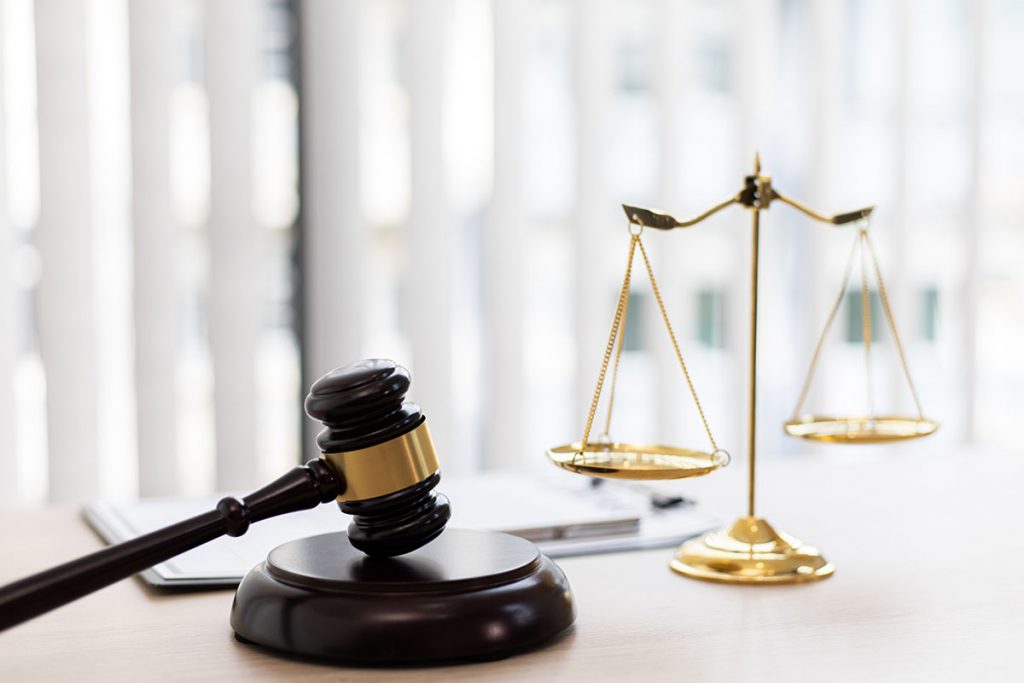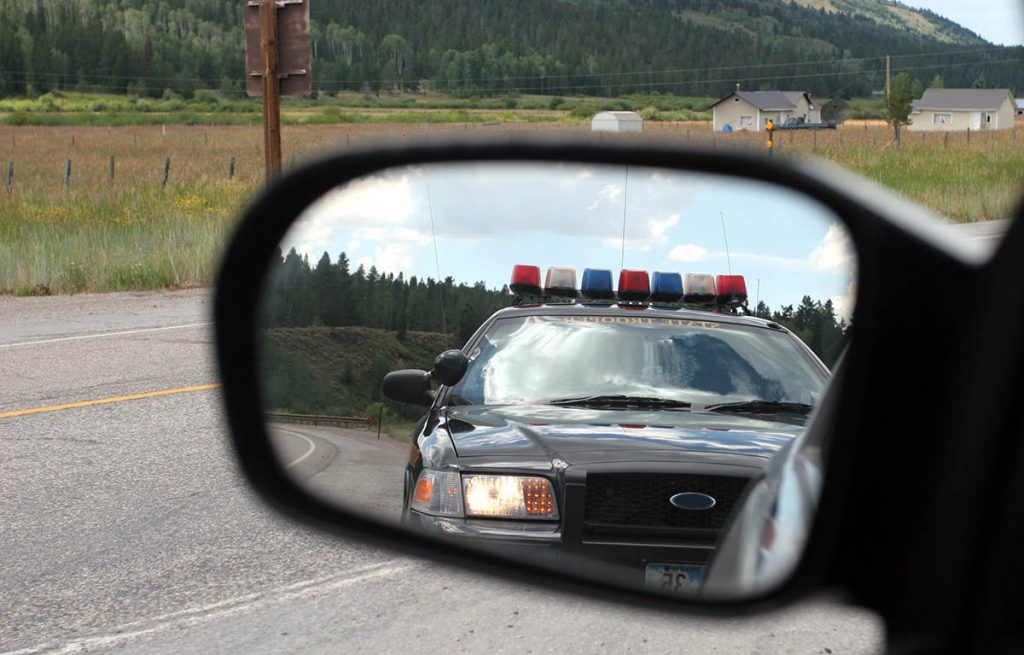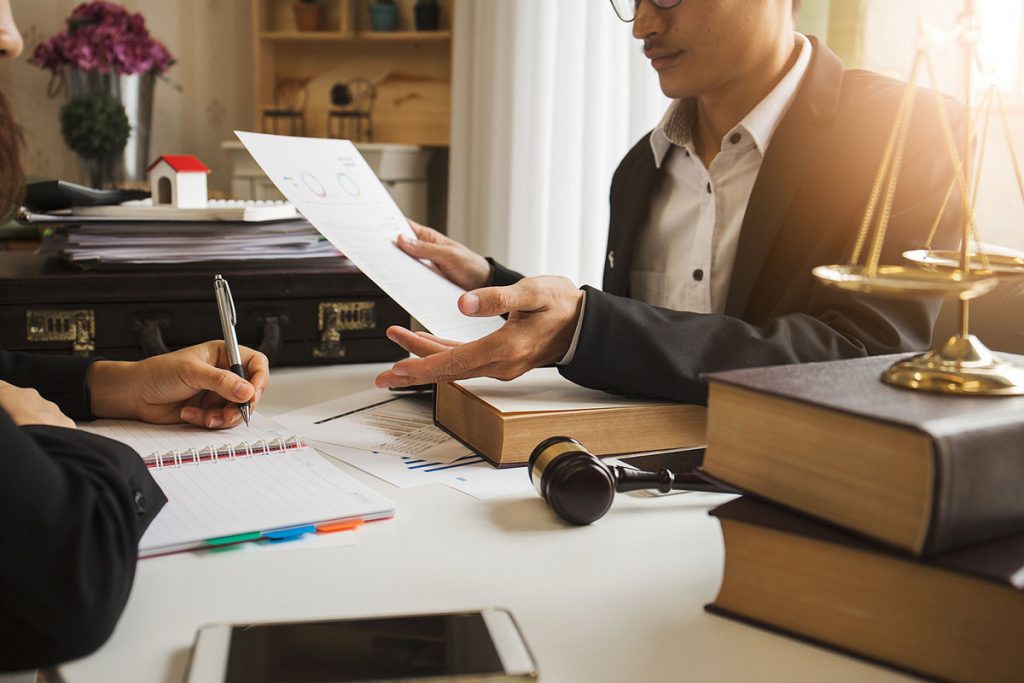There are many moving parts that make up the entire legal process after you have been charged with a crime. After you enter a plea during your arraignment, the discovery process of your criminal case begins. The discovery process is a period of time where both the prosecution and the criminal defense attorney handling your case embark on an investigation to create a strong case for their respective sides. Evidence is collected and sifted through during this time along with creating a list of potential witnesses that can testify on your behalf.
One of the most critical parts of the discovery process is the prosecutor’s obligation to disclose any and all evidence collected by the investigating agencies to your criminal defense lawyer. This allows your criminal defense attorney to have intimate knowledge of the strength of the case against you. This is critical to your criminal defense lawyer for advising you about potential plea bargains. However, this can also reveal the weaknesses of the prosecution’s case. The prosecution also has an obligation to disclose exculpatory evidence, or evidence that demonstrates your innocence. The revelation and disclosure of such evidence to your criminal defense attorney can ultimately lead to having your charges reduced or dropped entirely.
How Can Depositions Help Me?
A major part of the discovery process is taking discovery depositions. In Florida, your criminal defense attorney is generally entitled to take a deposition – or sworn testimony in the presence of the prosecutor and court reporter – of any material witness on the State’s witness list. Conversely, the prosecutor is entitled to take depositions of any material defense witnesses that you disclose to the State through your attorney. This typically applies to only to felony cases; however, your criminal defense attorney may be able to take depositions in some misdemeanor cases after making a motion to the court.
The value of these depositions is that it gives your attorney a sneak preview as to what these witnesses will say if called to testify at trial. It is also an opportunity to catch the prosecutor’s witnesses in inconsistencies with their original statements to law enforcement which your attorney can use to demonstrate that their testimony is not credible. As the defendant or person charged with the crime, you are not allowed to attend these depositions, and the decision to take a deposition falls within the purview of your attorney. However, since many cases can be resolved without a trial after taking these depositions and fleshing out the strengths and weaknesses in the prosecutor’s case, your criminal defense attorney will likely recommend that you engage in this part of the discovery process.
What Other Evidence Can Be Used to Protect My Freedom?
Other evidence that can come to light during the discovery process is body camera footage, surveillance camera footage, photographs, audio recordings, and forensic evidence such as DNA, fingerprints, lab tests of controlled substances, ballistics tests, and more. Properly uncovering evidence and building it into your defense strategy is key. Having a criminal defense lawyer throughout your case and during your discovery process can make or break your case in the end.
How Necessary is Hiring a Criminal Defense Lawyer in Florida?
For the most promising results possible for your criminal case, it is highly encouraged that you seek the help of a professional criminal defense attorney to uphold your rights and liberties.
With a complete understanding of criminal law and what it takes to build a strong defensive strategy for criminal cases, my law firm can work alongside you in order to get you the best possible outcome for your case. Give the Sherman Defense Law Firm, P.A. a call today at (239) 284-5708 to get started.







